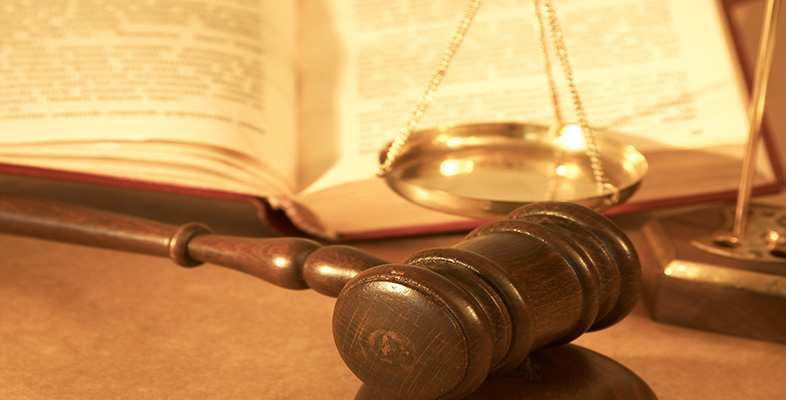Moral rights
Moral rights are concerned with the artistic integrity of the intellectual property and the right of its creator to be acknowledged. In Anglo-American law these moral rights have in the past been neglected, with emphasis placed on the economic or pecuniary rights, but this has now changed. Moral rights may be waivable, but they are never assignable.
The moral right of attribution is clear – if any authorship is to be attributed, this must be to the originator (though the originator may choose to remain anonymous). In some jurisdictions, such as France, this right is inalienable. In others it may be waived – so in the UK the originator has to positively declare this right of ‘paternity’, otherwise a publisher could in principle (though in fact never would) drop the author’s name from the work; however, the publisher must not substitute any other person’s name. When an intellectual property is created under contract, attribution may often be dropped.
It is common practice to credit computer-game developers, but this occurs less commonly in the case of software – for example, for the Eudora email package there is developer attribution, but Microsoft’s policy is not to have this (though for some Microsoft products you can find the developers’ names if you know how to do so – see Cooper, 1995).
The position on integrity is less clear. The most common breach of integrity occurs in television and film, where colourisation or aspect ratio may be changed. A celebrated case in Canada involved a sculpture of swans draped in red ribbons which led the sculptor, no longer the owner, to sue for damaged reputation. Again, in France this right is inalienable, while elsewhere it may be waivable. There is a strong case for waivability – for example, to handle cases where a publisher might want to edit an author’s work or a film might be distributed in a range of countries in some of which particular colours might have particular cultural significance. For internet sites it might be desirable that properties such as font size and picture resolution can be changed.
